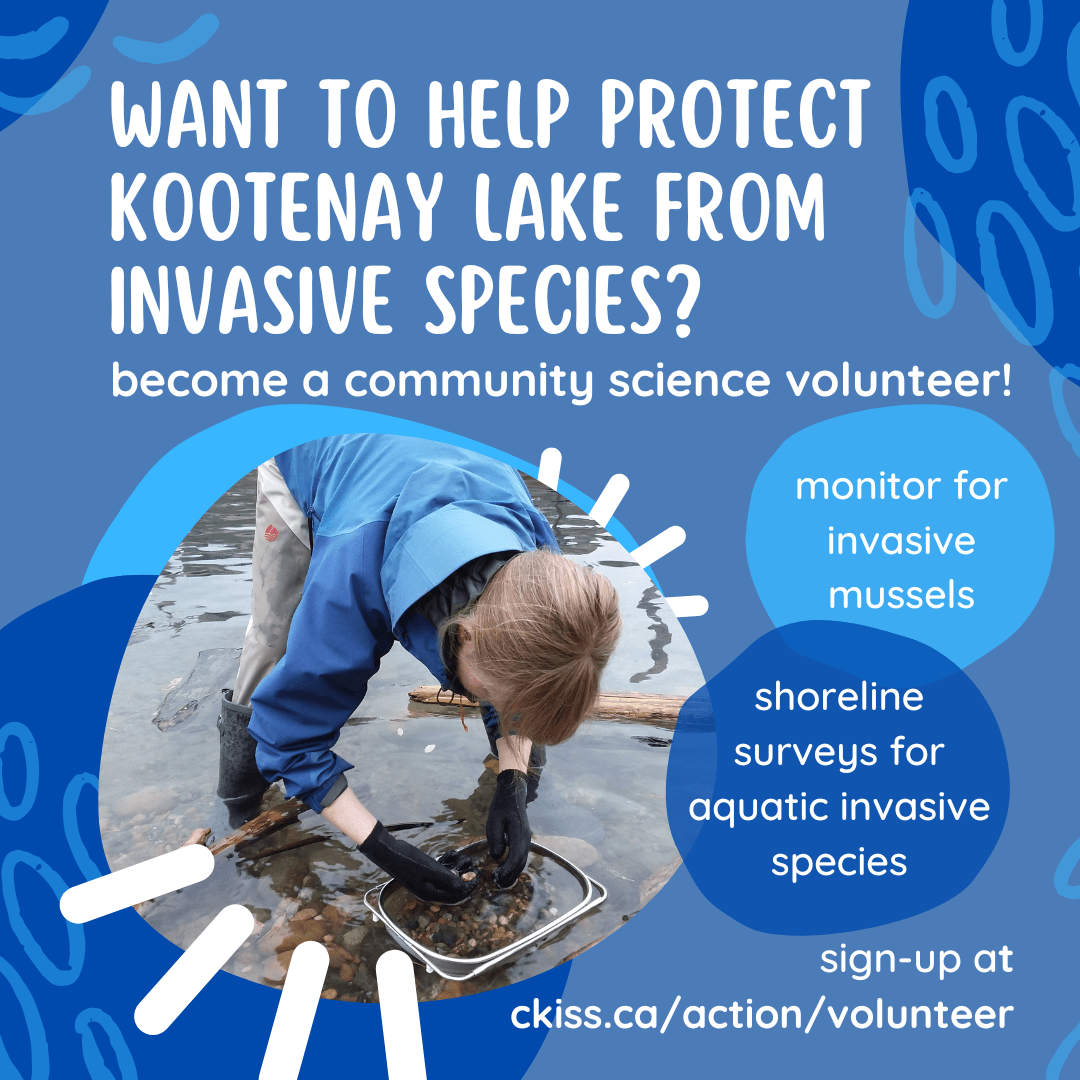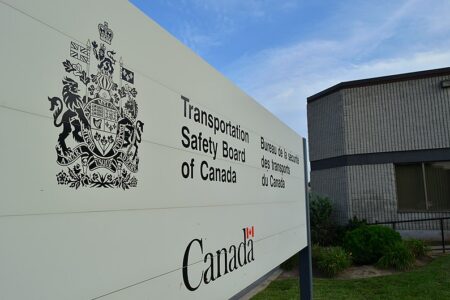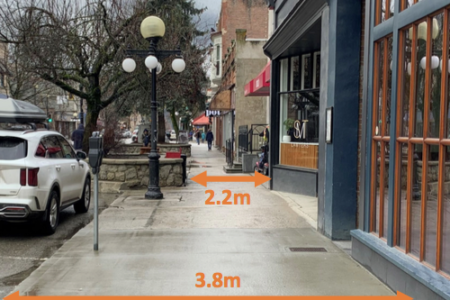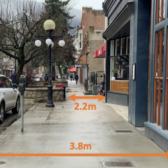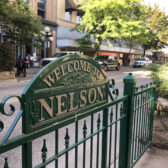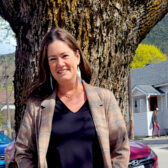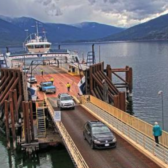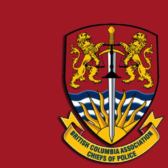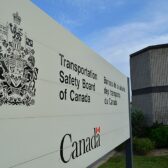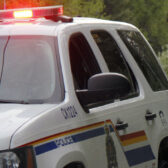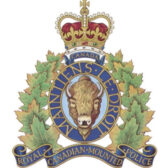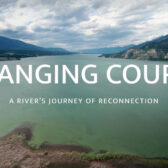Volunteers needed to help protect Kootenay Lake from Aquatic Invasive Species
The Central Kootenay Invasive Species Society (CKISS) is seeking volunteers to join the fight against aquatic invasive species in the Central Kootenay region.
A new community science monitoring initiative has been launched by CKISS with support from the Living Lakes Canada’s National Lake Blitz program in 2022 with the goal to prevent the introduction and spread of invasive mussels, clams and plants into Kootenay Lake and beyond.
The organization is currently seeking community members who own private docks in Area A, D and E of Kootenay Lake to help monitor for invasive zebra and quagga mussels (Dreissena polymorpha and Dresissena bugenis).
Volunteers will receive two assembled mussel monitors to attach to their docks and be required to check them throughout the summer and fall of 2022. Wondering if your private dock is eligible for mussel monitoring?
Visit www.ckiss.ca/action/volunteer for a map of eligible areas.
Early detection of invasive mussels is critical because they have negative impacts on biodiversity, water quality, recreation, fisheries, and species at risk. The mussels can damage infrastructure such as lakefront property, hydropower facilities and municipal water supply facilities.
In addition, the CKISS is seeking volunteers who are interested in learning to identify and prevent aquatic invasive species, such as Asian clams (Corbicula fluminea) and invasive plants, like yellow flag iris (Iris pseudacorus). and purple loosestrife (Lythrum salicaria) through shoreline surveys on Kootenay Lake. Positions will run during the fall of 2022.
Asian clams are a concern because they can clog water treatment systems, contaminate drinking water, and negatively alter aquatic ecosystems by competing with native species for food and habitat. Invasive plants like yellow flag iris and purple loosestrife can reduce biodiversity. They lack natural predators and can out compete native species for space and resources.
CKISS will offer training, resources and equipment for all the volunteers, all they ask is that you sign up by visiting www.ckiss.ca/action/volunteer.
“Volunteers play a vital role at CKISS, we are always happy to receive a helping hand in collecting data that will support local conservation issues”, states Laurie Frankcom, Education Program Coordinator CKISS.
About CKISS
CKISS is a non-profit society that delivers education and awareness programs, and promotes coordinated management efforts of invasive species in the Regional District of Central Kootenay and Regional District of Kootenay Boundary Area A and B. The Kootenay Lake Community Science Program is made possible with funding by the Regional District of Central Kootenay through the Kootenay Lake Local Conservation Fund, and support from Living Lakes Canada’s National Lake Blitz program. CKISS gratefully acknowledges the Columbia Basin Trust and the Province of B.C. who support the CKISS Education Program.



